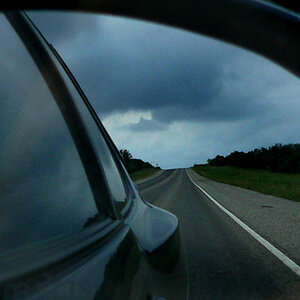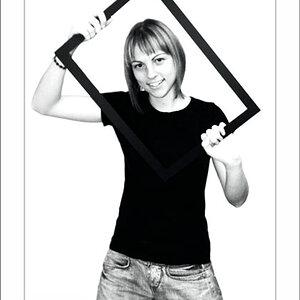Rockworthy
TPF Noob!
I'm just talking about the sensor, not any other part of the camera.
I'll admit it, I'm new to DLSRs in general and am doing some research to see what I really need to get and what I don't. I have a nerdy, technical question for those camera nerds out there A big discussion I see floating around is, "Do I really need a full frame DLSR or not?" Well I already know that I do not. My question is this though: certainly all sensors are not created equally, right? I mean, a top-quality smaller sensor (crop frame) might be made with superior technology and actually out-perform a full-frame sensor right?
A big discussion I see floating around is, "Do I really need a full frame DLSR or not?" Well I already know that I do not. My question is this though: certainly all sensors are not created equally, right? I mean, a top-quality smaller sensor (crop frame) might be made with superior technology and actually out-perform a full-frame sensor right?
For instance you could accidentally buy a cheap(er) full-frame camera that was made with a cheap full-frame sensor that could actually drink in less light and color than a really good crop-frame camera's sensor right?
Thanks guys! I love this forum.
I'll admit it, I'm new to DLSRs in general and am doing some research to see what I really need to get and what I don't. I have a nerdy, technical question for those camera nerds out there
For instance you could accidentally buy a cheap(er) full-frame camera that was made with a cheap full-frame sensor that could actually drink in less light and color than a really good crop-frame camera's sensor right?
Thanks guys! I love this forum.


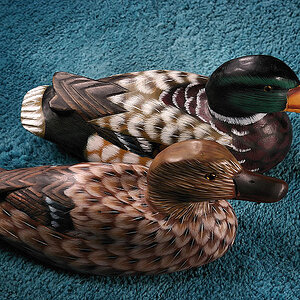
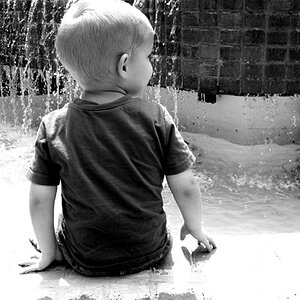
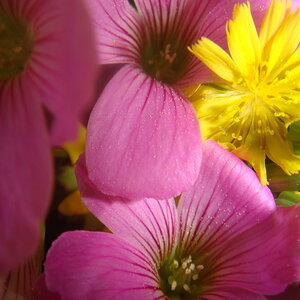
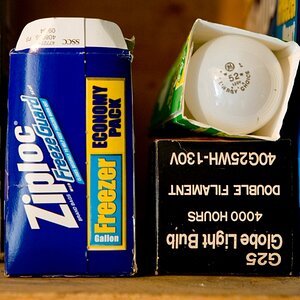
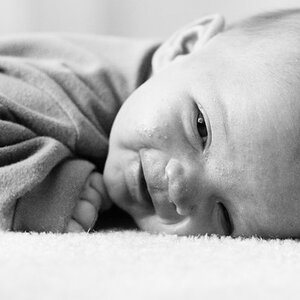

![[No title]](/data/xfmg/thumbnail/42/42457-a2cc06037a1ecaed84b9f0e5366fa8c7.jpg?1619740191)
